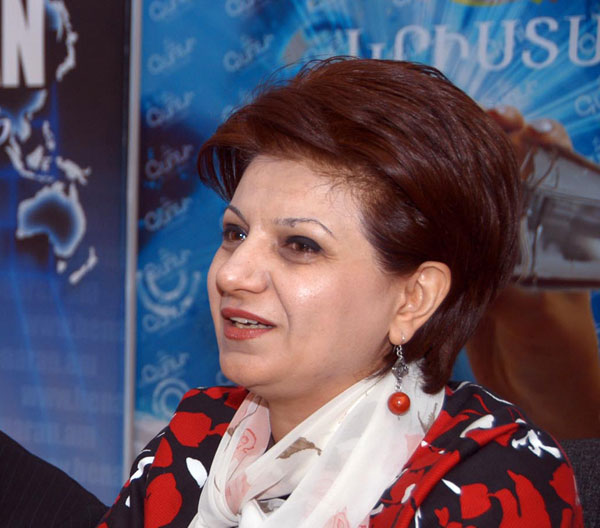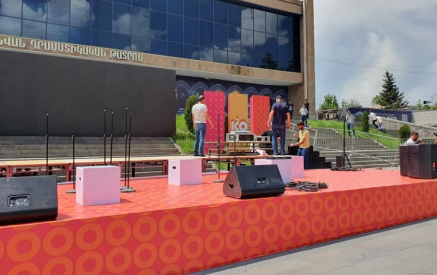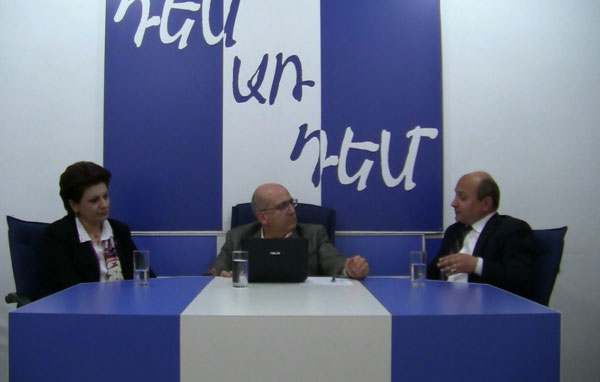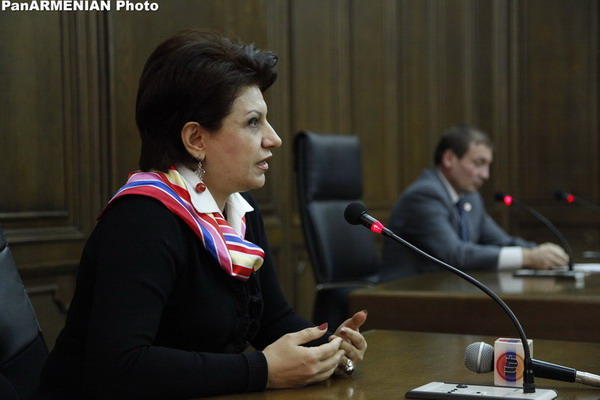Yesterday a set of NGOs, including the Europe in Law Association, the Helsinki Citizens’ Assembly Vanadzor Office, the Protection of Rights Without Borders NGO, the Transparency International Anticorruption Center, made a statement about the necessity of making amendments to the Election Code. The NGOs urge the Republican Party of Armenia (RPA) with the statement “not to boycott” the extraordinary meeting of the National Assembly tomorrow and state, “We, the undersigned NGOs, welcome the initiative of political forces to make amendments to the Election Code of the Republic of Armenia and other related acts and urge the National Assembly groups to discuss, along with the proposals made by them, also the proposals prepared by NGOs. In this regard, we urge all political forces, including the Republican Party of Armenia that accounts for the majority in the National Assembly not to boycott the extraordinary meeting to be convened on November 21 and make amendments to the Election Code of the Republic of Armenia in line with the proposals of the political minority and the civil society, as a result of which the main drawbacks of the electoral legislation will be fixed.”
Is it possible that the RPA will change its intention after this statement and taking into account the public demand, will participate in the National Assembly extraordinary meeting? In response to this question of www.aravot.am, Karine Achemyan, a member of the RPA parliamentary group, said, “The party has expressed its position and hasn’t changed its intention not because the NGOs made a statement, but we don’t see any point in that, since that discussion is premature for now. That issue will not be solved with one or two discussions; all forces assert that. That issue requires serious, comprehensive discussions. And since we have only one four-day session, we don’t have time, all of us should go all out to prepare for the presidential election.’
In response to our observation that the field of NGOs was quite extensive, thus, whether the RPA was not afraid to lose a large chunk of votes in the presidential election by disappointing them. K. Achemyan responded, “I haven’t noticed a demand for those discussions in the society. If our colleagues and political forces put forward those demands after the election again, I will think that they need it too, the demand really exists. However, I don’t think that anyone will talk about that issue after the election. This is some political format, by which forces tried to rally around certain ideas. I don’t think that this is really a
Read also
public demand. If you talk with residents of regions, you will see that the majority is pleased with the MP it has elected through majoritarian representation.”
Tatev HARUTYUNYAN























































